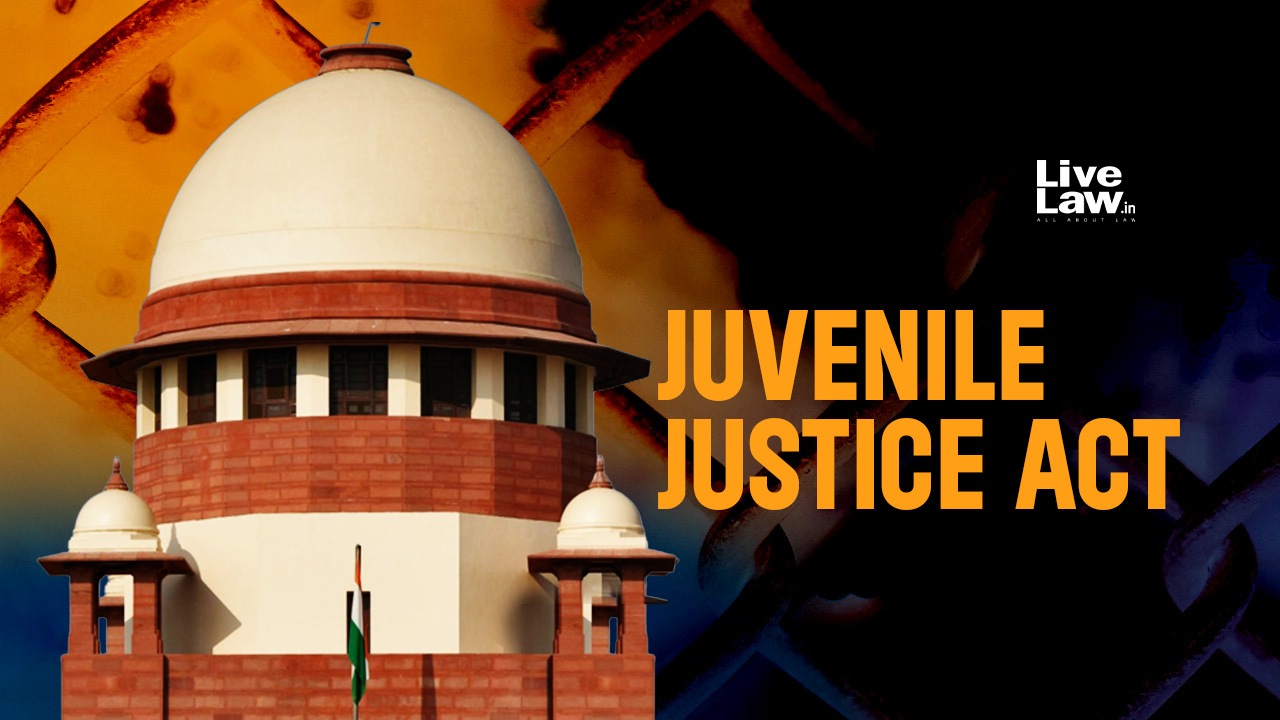 |
|
The Supreme Court of India has rendered a landmark decision regarding the handling of juvenility pleas in criminal cases. The court asserted that the improper rejection of a juvenility claim, even at the highest level of the judicial system (through curative petitions), does not constitute a final determination. This ruling opens the door for convicts to raise fresh pleas of juvenility if the previous adjudications were found to be procedurally deficient or lacked proper consideration. This decision significantly impacts the legal rights of individuals who may have been incorrectly tried as adults due to procedural errors in determining their age at the time of the offense.
The case in question involved Om Prakash, who was sentenced to death for murder in 1994. Despite raising a juvenility plea throughout the various stages of his trial and appeals, including a curative petition to the Supreme Court, his claims were dismissed due to perceived procedural irregularities and a lack of thorough adjudication. The court's previous decisions had relied on factors such as Om Prakash possessing a bank account to assume his majority status. The Supreme Court, in this latest ruling, highlighted the critical procedural failure to properly assess his age under Section 9(2) of the Juvenile Justice Act of 2015. This section outlines the proper procedure for determining a juvenile's age and should have been meticulously followed in all previous proceedings.
A key element in the Supreme Court's decision was the acknowledgment that the previous dismissals lacked a due and proper determination of Om Prakash's age at the time of the offense. The court emphasized that the mere existence of a prior decision does not automatically equate to finality when the underlying processes have been flawed. The court's observation underscores the importance of adhering strictly to the procedures outlined in the Juvenile Justice Act, ensuring that the rights of juveniles are protected and that their cases are not decided on the basis of assumptions or incomplete evidence. The court's decision to revisit Om Prakash's case signifies a commitment to upholding the principles of juvenile justice and ensuring a fairer judicial process.
Justice MM Sundresh and Justice Aravind Kumar, in their judgment, clearly stated that a casual or superficial adjudication of a juvenility plea does not prevent the raising of the claim again. They articulated that as long as a party's right subsists, finality cannot be declared. The justices further clarified that a due determination of the juvenility plea, adhering to the procedural requirements of Section 9(2) of the Juvenile Justice Act, is paramount. Only after such a proper determination is made, can the issue be considered settled and final. The court explicitly stated that the lack of adherence to the procedural mandate of Section 9(2) renders previous orders rejecting juvenility pleas not final.
The Supreme Court's judgment also underscores the critical role of constitutional courts in safeguarding the rights of juveniles. The judges highlighted that children involved in crime should be seen as victims requiring reformation and rehabilitation, not simply as delinquents. The court emphasized the ‘parens patriae’ jurisdiction – the inherent power and duty of the state to act as a parent to protect those unable to care for themselves – as integral to the constitutional responsibility of protecting children's rights. The court's decision emphasizes that even when a juvenility plea is dismissed in earlier stages of the legal process, constitutional courts have a duty to revisit the matter if procedural flaws or a lack of proper consideration are evident.
This landmark ruling explicitly states that a plea of juvenility can be raised before any court at any stage, until a proper determination is made in accordance with the Juvenile Justice Act of 2015 and its relevant rules. The court strongly cautions against casual or arbitrary dismissal of such pleas, stressing the need for thorough investigation and careful consideration of all available evidence. This decision reiterates the importance of due process and fairness within the legal system, especially when dealing with vulnerable individuals such as juveniles. The judgment also clarifies that the 2015 Act applies even to individuals who reached the age of majority before the Act's commencement, reinforcing its broad applicability.
The Supreme Court's decision in Om Prakash's case serves as a significant precedent, setting a clear guideline for future handling of juvenility pleas. It underscores the need for a more thorough and sensitive approach to adjudicating such pleas, prioritizing adherence to procedural mandates and a meticulous examination of available evidence. The ruling reiterates the paramount importance of ensuring that the rights of juveniles are protected, and that they receive a fair and just legal process. This landmark decision not only grants Om Prakash a chance at a fair review of his case but also establishes a vital precedent for the protection of other vulnerable individuals within the Indian judicial system.
